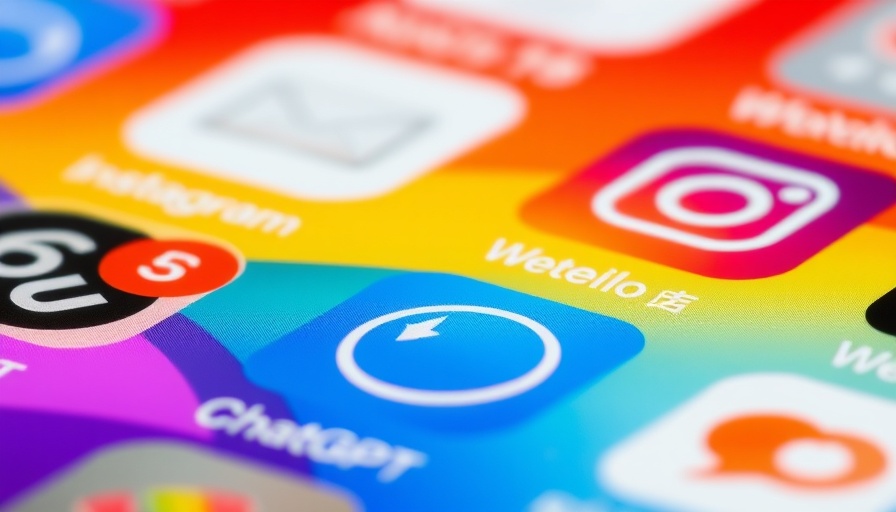
Anthropic's Legal Win: A Critical Shift in AI Copyright Norms
In a landmark decision, a California federal judge has ruled in favor of Anthropic, allowing the company to utilize song lyrics from prominent publishers like Universal Music Group to train its AI chatbot, Claude. This ruling on March 30, 2025, signifies a substantial moment in the ongoing discussion around copyright laws in the age of artificial intelligence.
The Case’s Background: Music Publishers' Concerns
Universal Music Group and other music publishers filed a preliminary request to block Anthropic from training its AI with their copyrighted lyrics, fearing that such actions could lead to irreparable harm to their intellectual property rights. However, U.S. District Judge Eumi Lee dismissed their claims, stating that the request was overly broad and failed to demonstrate significant proof of harm.
This legal precedent raises important questions: What does this mean for the future of copyright in the music industry? With the rise of AI, we are witnessing a transformative phase where traditional copyright interpretations may need to adapt to new technological realities.
Implications for AI Development in Creative Fields
As AI technology, such as Claude, continues to develop, its capacity to generate creative content and interpret existing works will be a game-changer for many industries. Anthropic's victory may inspire other AI firms to push boundaries further, leveraging existing copyrighted materials to generate innovative outputs that could reshape our cultural landscape.
AI vs Copyright: Finding a Balance
The ruling highlights a significant tension between innovation and copyright protection. On one side, creators and music publishers are justifiably concerned about the unauthorized use of their intellectual property. On the other, AI developers argue that embracing data such as lyrics for training is essential for producing high-quality, sophisticated AI tools.
How this balance plays out could define the future landscape of both AI development and content creation industries. Questions about licensing, fair use, and the extent of AI learning from copyrighted material are likely to dominate discussions moving forward.
A Global Perspective: Similar Cases Around the World
Anthropic is not the first AI company to face similar challenges. Internationally, various cases are unfolding that echo the balance of rights versus innovation. For example, countries such as the UK and Canada are exploring legislative changes to better integrate AI considerations within their copyright frameworks. Understanding these global variations can inform industry stakeholders about potential precedents and adoptive strategies in different regions.
Future Predictions: The Landscape of AI Copyright Law
The implications of this case may lead to significant shifts in how copyright law is constructed and enforced in the context of AI. As AI continues becoming more pervasive, we could see greater calls for clearer regulations defining the limits of AI learning and interaction with copyrighted materials. Will there be a fundamental re-evaluation of what constitutes fair use in this new era?
For creators, it is essential to stay aware of evolving legal standards as they could affect how works can be consumed and who profits from AI-generated content.
Conclusion: Engaging with the AI Revolution
This ruling is just the beginning of a series of complex legal battles that will surface as AI continues to evolve. For enthusiasts and professionals alike, keeping abreast of these developments is crucial. As legislation struggles to catch up with technology, questions will arise about the ethical parameters surrounding AI usage and copyright rights.
If you’re passionate about the implications of AI in the creative realm, stay tuned to further developments. The landscape can change rapidly, and it is vital to be informed as this narrative unfolds.
 Add Row
Add Row  Add
Add 




 Add Row
Add Row  Add
Add 

Write A Comment